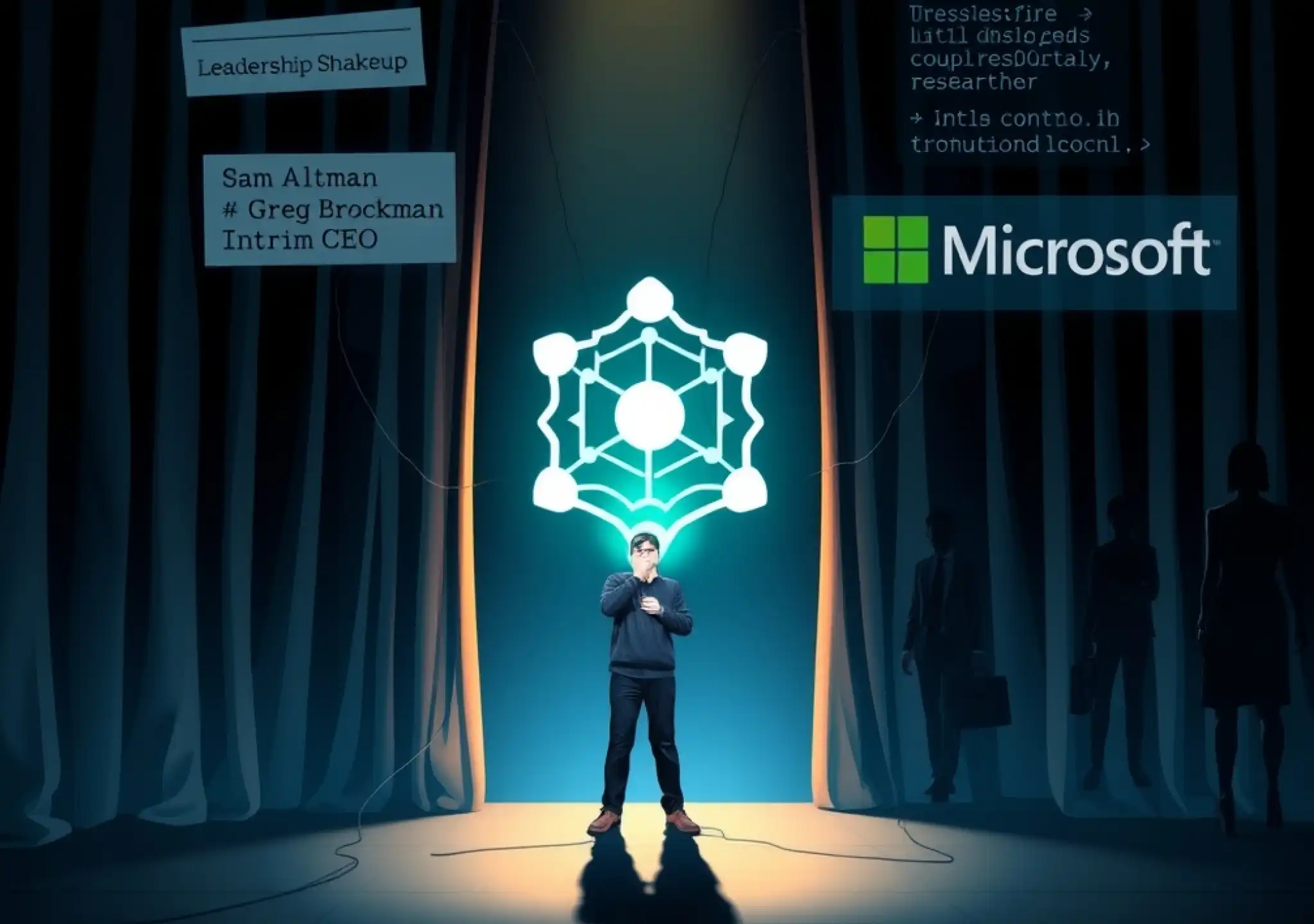Board cites lack of transparency in major leadership shift at AI firm
Sam Altman, the high-profile CEO behind the AI breakthroughs ChatGPT and GPT-4, has been unexpectedly dismissed by OpenAI’s board of directors, sending shockwaves through the tech industry. Backed by Microsoft, the AI company stated on Friday that the decision was made after the board lost faith in Altman’s leadership capabilities.
In an official blog post, OpenAI revealed that the board conducted a “deliberative review process” which led to Altman’s removal, citing that he was “not consistently candid in his communications with the board,” which hindered its governance responsibilities. Although appreciative of his efforts, the board asserted that new leadership was required for the company’s future direction.
The company offered no further details about the specific reasons for the decision. In the interim, Chief Technology Officer Mira Murati has been appointed as CEO until a permanent successor is named to head the $90 billion AI startup.
Altman, who appeared just days earlier at the Asia-Pacific Economic Cooperation summit in San Francisco, reacted on X (formerly Twitter), calling the experience of being fired “weird” and likening it to “reading your own eulogy while you’re still alive.” He also added, “if I start going off, the OpenAI board should go after me for the full value of my shares.” Unlike many tech founders, Altman reportedly held no equity in OpenAI and could be dismissed at any time.
The tech community was quick to respond. Former Google CEO Eric Schmidt hailed Altman on X as a “hero” who “changed our collective world forever.”
Soon after the announcement, OpenAI President Greg Brockman, who co-founded the company alongside Altman and Elon Musk, resigned in protest, saying, “based on today’s news, I quit.” Additionally, at least three senior researchers also stepped down Friday night, according to a report by The Information.
Altman rose to global prominence with the 2022 launch of ChatGPT, an AI chatbot that amazed and unsettled users with its ability to generate remarkably human-like — though sometimes inaccurate — responses. In 2023, he was profiled by New York Magazine, likened to atomic bomb pioneer J. Robert Oppenheimer, and named among Time Magazine‘s 100 most influential figures in AI.

